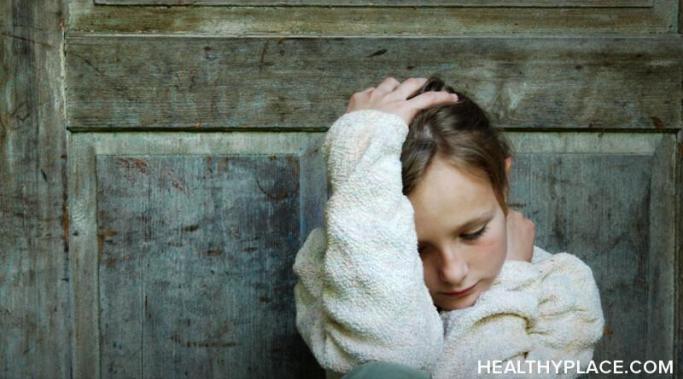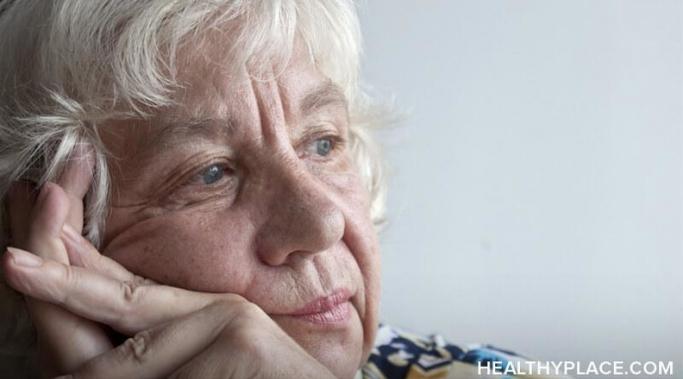This year will be seven years since my cat died, and I’m still not over the pet loss. My cat was a part of my life for 17 years, and it doesn’t seem big enough an expression to describe her death as something that rocked me. Will I ever get over it? I have no idea, but I’ll highlight a couple of reasons preventing me from getting over the loss of my pet.
Grief and Mental Illness
For most of my childhood, I used reading to cope with trauma. This might not sound like a bad thing, and it wasn't entirely, but it came with a couple of big problems. Coping mechanisms develop as a way for us to protect ourselves, to survive despite threats to our wellbeing or identity. However, these coping mechanisms can get in the way of real connection.
Medical trauma is an underrepresented form of trauma that happens all too often to people with mental illness. For example, when I was 19, I sought treatment for what I then thought was bipolar disorder, and the reactions I got from doctors left a psychological wound that still affects me today.
Let's face it: there are a lot of aspects of mental illness that can be traumatic, and mental health misdiagnosis can also be traumatic. What happens when we don't even have the mental illness we think we have? I was diagnosed with bipolar disorder six years ago, found out that diagnosis was incorrect two years ago, and now a huge part of my recovery is dealing with the fallout and trauma of that misdiagnosis.
Learned helplessness is a phenomenon that occurs when someone repeatedly faces negative experiences that they can't control, and eventually, they stop believing they have any agency at all. It's something that sabotages my life over and over.
Is crying therapeutic for mental illness recovery? Crying can be used as an expressive mechanism to release inner turmoil. It can also be a sign of trauma and holding on to negative emotions. There are a variety of feelings and experiences associated with mental illness, and crying can be therapeutic. But, just like with anything, balance and awareness are two essential features that can help you decide how much crying is therapeutic for you.
The stages of grief after a death suddenly became more relevant to me, unfortunately. I was notified that one of my friends on Facebook died at age 24 of what appears to be kidney failure. Combined with the recent All Souls Day service at church, this has made me think about the stages of grieving and recovery after a sudden death. According to Elisabeth Kubler-Ross,1 there are five stages of grief: denial, anger, bargaining, depression, and acceptance. They don't always go in this order, and they don't always happen to everyone. But this is a general road map to grief.
What do you do when grief becomes a mental health issue? Recently I lost a friend to suicide, and it made me think of all the other losses I've suffered. Two memories stand out in my mind--the death of my maternal grandfather to cancer and the death of my paternal grandmother to a stroke. One was a mental health issue, the other was not. There are several things people can do when grief becomes a mental health issue.
There are three things we need to understand about grief because
grief is such a complicated process. Last week, staff at my apartment complex found one of my neighbors dead from an apparent heart attack. It's a common problem; I've lived there since 2009 and this is the fifth death of a resident since I've been there. My neighbors are complaining about the high death rate at this complex as they go through the grieving process alone. This made me realize there are three things we need to understand about grief.
Mentally ill people don’t have a pass on life’s crises. Wouldn’t it be great if The Universe said, "You are one who suffers daily. To make it fair, I hereby declare mentally ill people should be spared from life’s hardships?"









